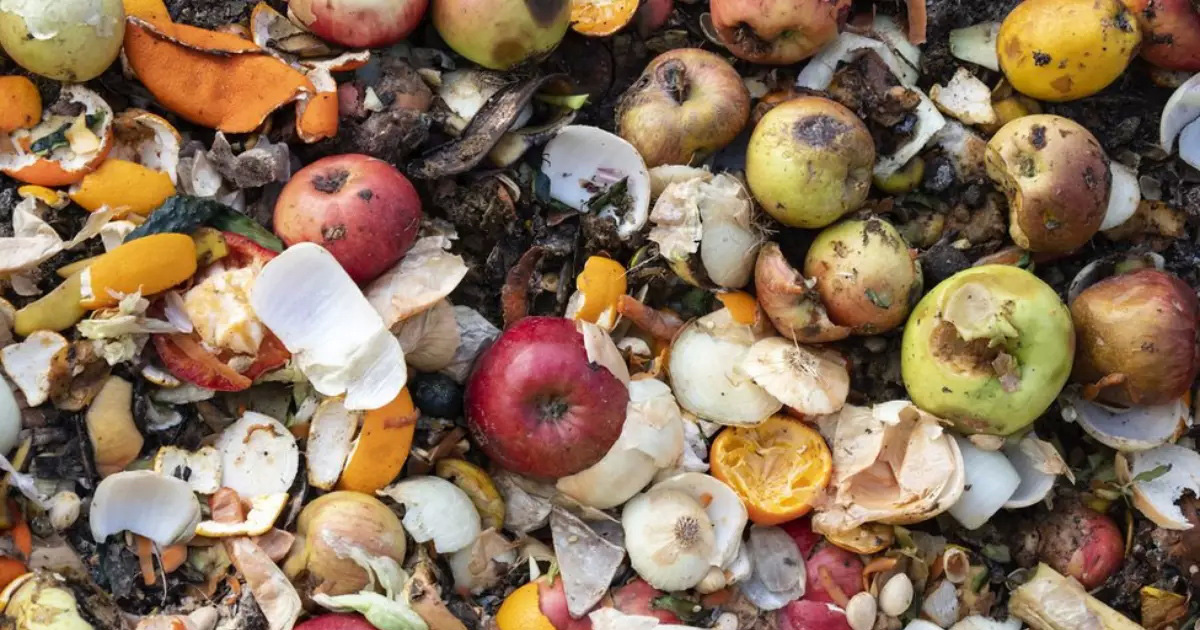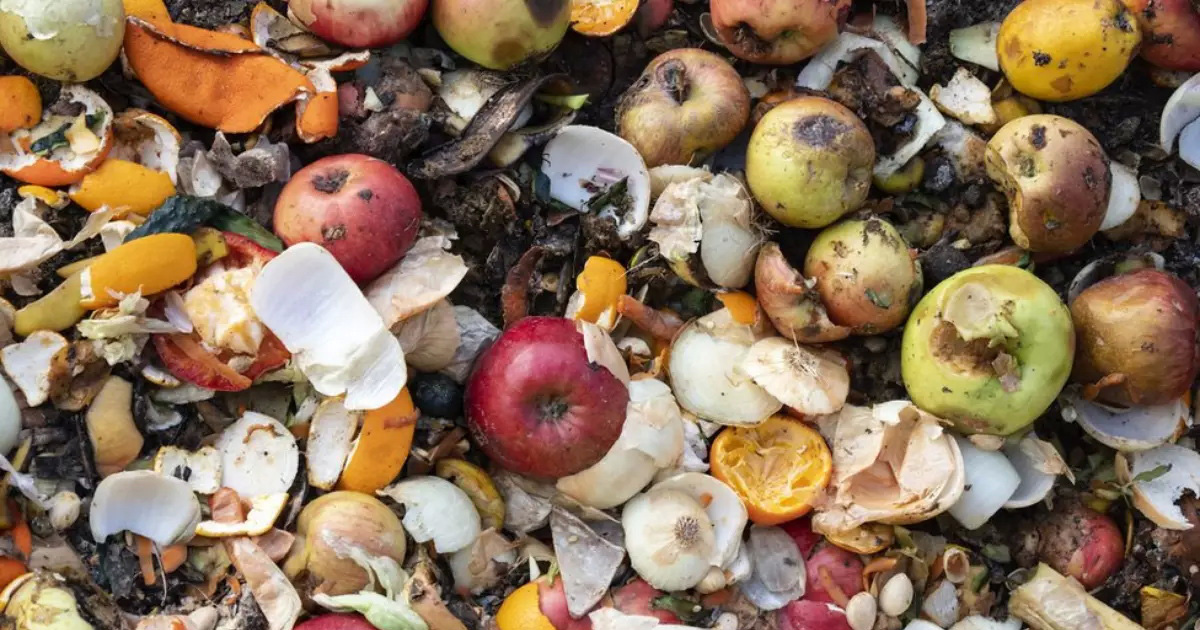Let us Minimize Food Waste
Almost six years ago Pope Francis surprised the world with the publication of an encyclical in which he reminded the world that our common home is like a sister with whom we share our life (Laudato Si, #1). Since that time, we have become aware that the activity of humankind has greatly upset the delicate ecological balance that sustains life. Decisions must be made so that we do not arrive at a time in which the survival of the species is threatened.
Food waste to closely related to this matter. In March 2021, The United Nations Environmental Porgramme published its 2021 Index of Food Waste. In that document it is stated that 17% of the food that is available for consumption it thrown in the garbage. Thus, 931 millions of tons of food is thrown away by individuals families, restaurants and other food services. The report also indicates that waste does not seem to depend on the financial level of any one individual country. In fact, in almost every country where food waste was measured, a considerable amount was wasted regardless of the income level of individuals. On a global per capita level, each year 121 kilograms of food is waste and 74 of those kilograms is wasted by individual families.
We know that approximately one third of all the food that is produced ultimately is discarded and whenever food is thrown out it is as if it were stolen from the table of the poor (Laudato Si, #50).
Food waste has significant environmental, social and economic repercussions. For example, at a time when climate change action continues to lag behind agreed upon proposals, between 8% and 10% of global greenhouse gas emissions are associated with food that is not consumed. Marcus Gover, CEO of the British Waste organization stated: Food waste at home was long assumed to be a major problem only in developed. With the publication of the Food Waste Index report, we see that things are not so clear.
Inger Andersen, Executive Director the United Nations Environmental Programme stated: Reducing food waste would reduce greenhouse gas emissions, curb the destruction of nature by land conversion and pollution, increase food availability, and thus reduce hunger and save money in a time of global recession … if we want to get serious about tackling climate change, nature and biodiversity loss, and pollution and waste, businesses, governments and citizens around the world have to do their part to reduce food waste.
Richard Swannell, International Director of Waste and Resource Action Progamme (WRAP) has stated: The environmental impact is enormous. To give you an idea of the scale of all of this, if food waste were a country, it would be the third largest emitter of greenhouse gases, behind China and the United States.
Goal 3 of the 12th Objective of Sustainable Development (approved in 2015) proposes that by 2030, halve per capita global food waste at the retail and consumer levels and reduce food losses along production and supply chains, including post-harvest losses. Marcus Gover states: with only nine year left, we will never achieve the above goal unless we invest greater effort in the struggle against food waste on a global level. This ought to be a priority for governments, international organizations, businesses and philanthropic foundations.
In 2013 Pope Francis warned: This culture of waste has also made us insensitive to wasting and throwing out excess foodstuffs, which is especially condemnable when, in every part of the world, unfortunately, many people and families suffer hunger and malnutrition. There was a time when our grandparents were very careful not to throw away any left over food. Consumerism has induced us to be accustomed to excess and to the daily waste of food, whose value, which goes far beyond mere financial parameters, we are no longer able to judge correctly. Let us remember well, however, that whenever food is thrown out it is as if it were stolen from the table of the poor, from the hungry! I ask everyone to reflect on the problem of the loss and waste of food, to identify ways and approaches which, by seriously dealing with this problem, convey solidarity and sharing with the underprivileged (General Audience, June 5, 2013).
For our reflection:
- Have you taken time to analyze the consequences of food waste?
- In our religious community, family, congregation or association, do we have some guidelines in order to reduce the waste of food?
- On the level of the Worldwide Vincentian Family, what can we do to promote a reduction in food waste?
Javier F. Chento
Tags:








Your question Javier. My suggestion: Education; in an entertaining way to gain maximum attention and exposure – with Vincentian/Laudato Si tag. Publish tips, recipes, links to programmes/people where food is being utilised well. For example fruit/vegetables that are not pretty but still edible. Use of leftovers etc. Tips for good food storage.
This issue has been bothering me…why can’t supermarkets donate food to charities like SVP or any other NGO. We as a charity struggle to get donations why??
In Western New York we have been able to bridge the gap between the Supermarkets and Charities with an organization called Food Shuttle of Western New York. It is an all volunteer based organization that transports food from the supermarkets to charitable organizations. You can learn about it by watching the YouTube video here: http://youtu.be/f8bWXnTy-BY or visiting their website http://foodshuttlewny.org/content/1
Thank you for this article and reminding us of our “food” responsibilities.